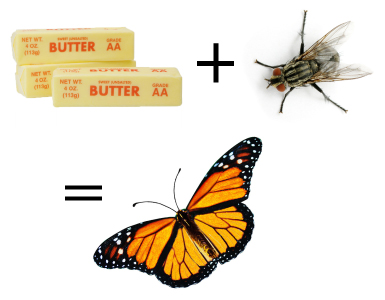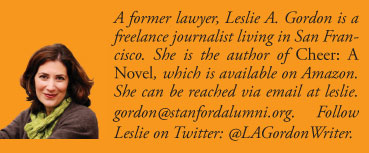 Compound words are two or more words that function as a single unit of meaning. Their rules can be complicated and hard to remember. For example, is it book store or bookstore?
Compound words are two or more words that function as a single unit of meaning. Their rules can be complicated and hard to remember. For example, is it book store or bookstore?
There are three types of compound words.
Closed compounds – flowerpot, keyboard, notebook, bookstore – mesh two words together.
Hyphenated compounds – mother-in-law, merry-go-round – not surprisingly use a hyphen between two or more words, often to prevent ambiguity.
Open compounds – school bus, living room – are commonly used together but are written with a space in between.
Whether a compound word is properly open, closed or hyphenated may depend on whether it’s used as a noun, adjective or verb.
Verbs are usually open.
I need to back up my computer files.
Can you carry over funds to the next year?
I told the associate to follow up with the client.
Adjectives and nouns are usually closed or hyphenated.
I have a backup copy of my computer files.
The funds were carryover from last year.
The associate had a follow-up call with the client.
Some words (someone, something, somewhere, anyone, anything, for example) should always be one word.
Other tricky compounds:
Never mind – correct
Nevermind – not a word
A lot — correct
Alot – incorrect
Allot – to give or apportion
All together – as a group
Altogether – entirely
Every day – duration or time
Everyday – noun or adjective
All right – use this
Alright – not exactly wrong but not entirely proper either
When pluralizing compound words, the “s” is properly attached to the word that’s being pluralized, though you see that more in writing than in everyday speech.
Daughters-in-law
Chiefs of staff
When in doubt about a compound word, look it up in a dictionary or style manual. If the answer is still unclear, just be consistent throughout your own document.



0 comments on “Legal Writing Tip: The Three Types of Compound Words”